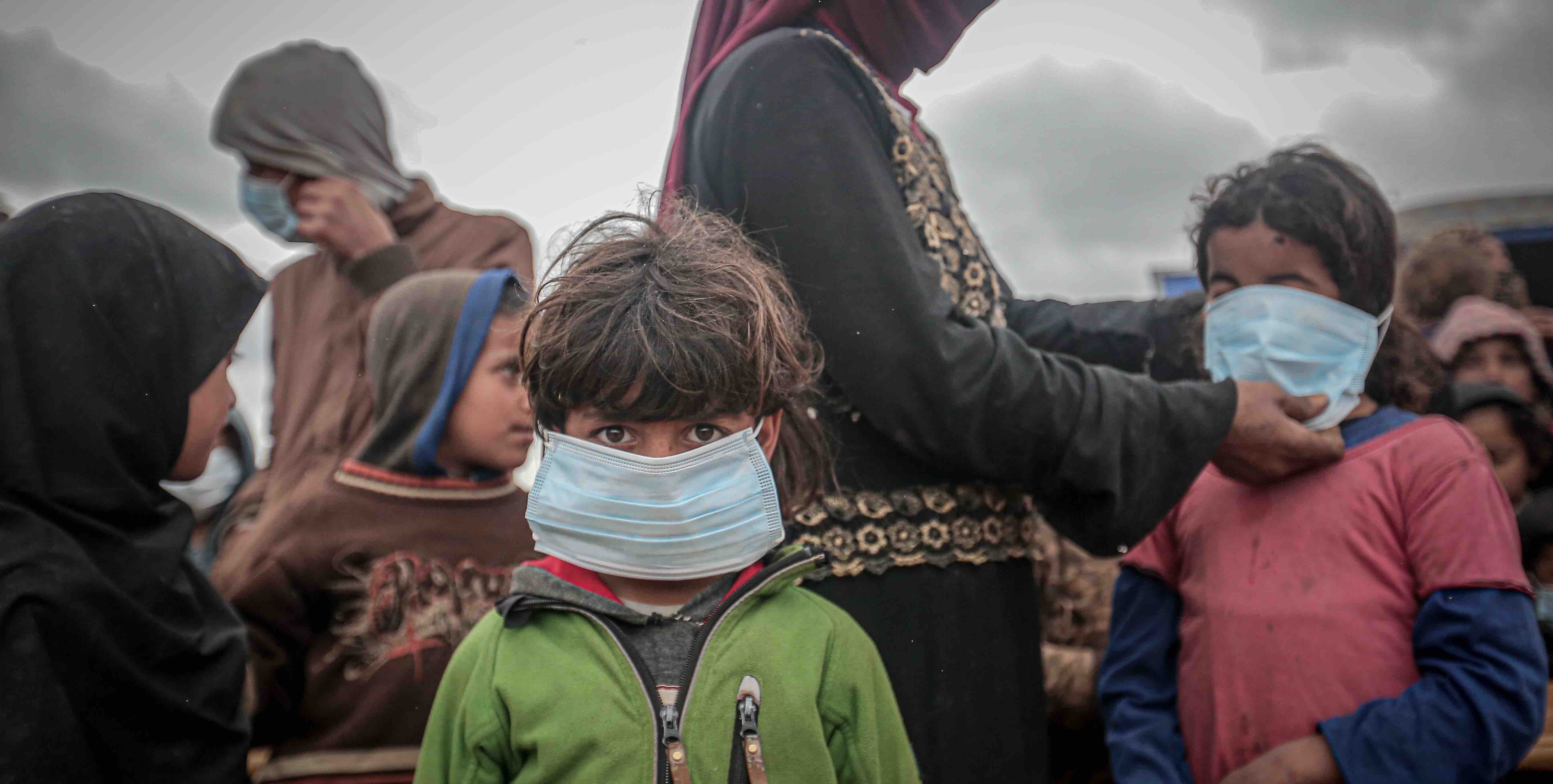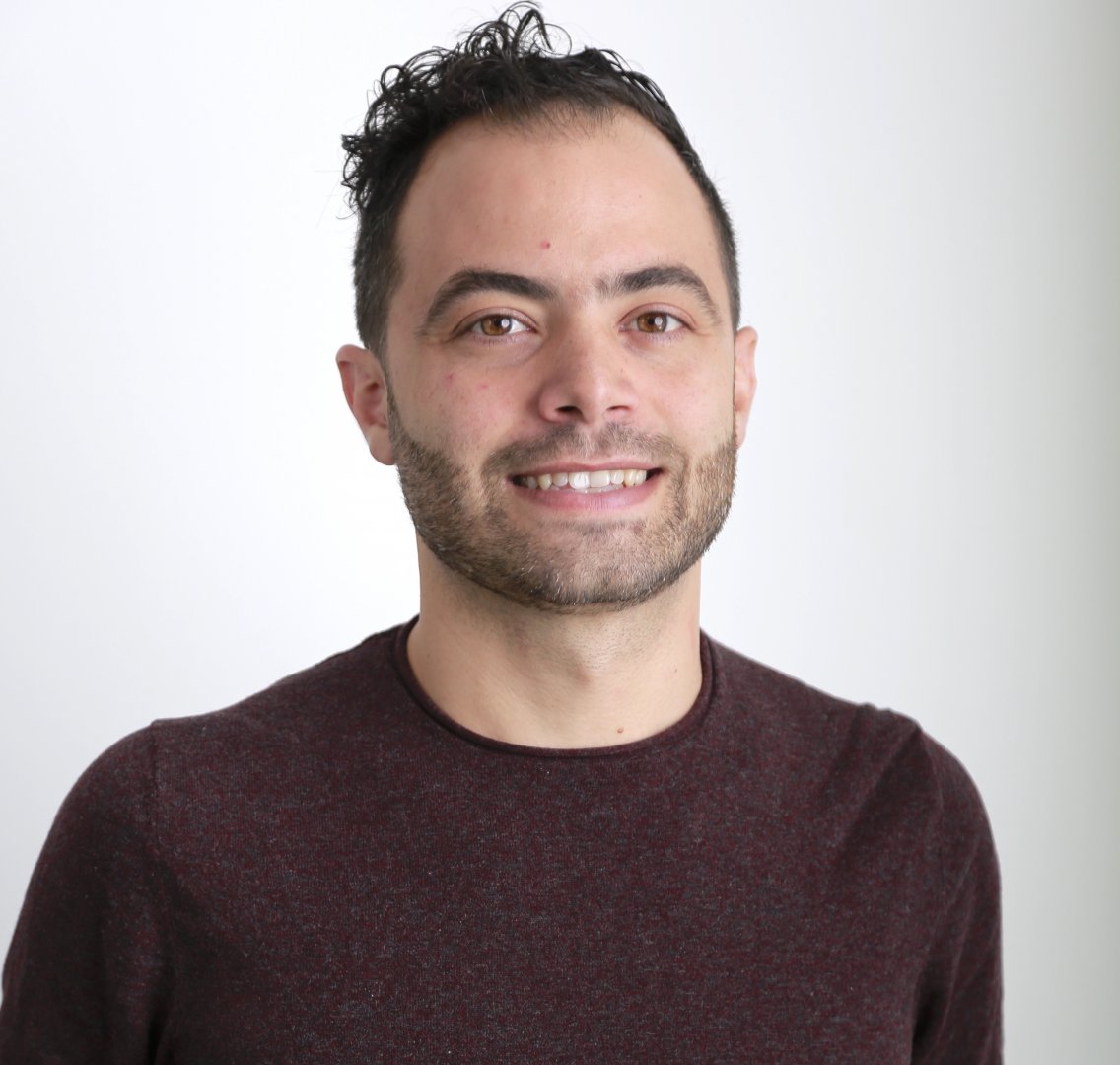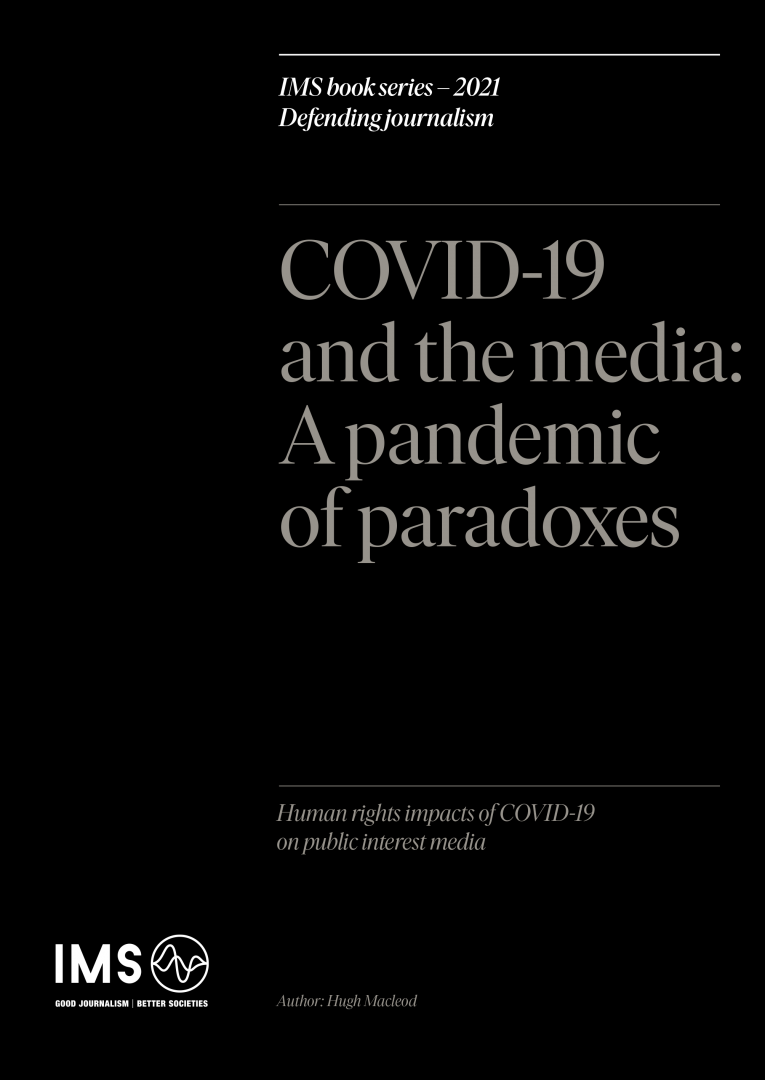BAGHDAD, IRAQ - FEBRUARY 25: Iraqi demonstrators gather for anti-government protest at Tahrir Square in Baghdad, Iraq on February 25, 2020. Some demonstrators, wearing face masks, demand to increase precautions against coronavirus. (Photo by Murtadha Al-Sudani/Anadolu Agency via Getty Images)
Jordan: Podcast is challenging the official Covid-19 narratives
As the only podcast covering Covid-19 in the Middle East and North Africa, Sowt goes behind the official numbers and shines light on the people who are most affected by the current crisis.
INDEPENDENT MEDIA & THE COVID-19 CRISIS
Podcast offers new perspectives on the current crisis
In late March, air raid sirens echoed in Jordan marking the beginning of one of the world’s strictest curfews. The restriction prohibits the movement of people by car and only allows Jordanians to walk and shop from nearby stores. Anyone violating the curfew order will be imprisoned for up to a year, and with only a limited number of permits for journalists to go out and report, this poses a severe challenge for smaller and independent media outlets in the country.
The Arabic podcast network Sowt however has been able to keep production flowing at almost normal rate with audio recordings from home and interviews over phone or web connections. And with the launch of a new biweekly podcast focusing exclusively on Covid-19 in the Arab world, named Almostajad, Sowt is experiencing a rapidly growing audience for their critical take on responses to the crisis across the region.
In the last few weeks since launching, Almostajad has been downloaded more than 15,000 times.
“The podcast is doing really well, and I think that speaks to the need and the gap on this issue. There is no other Arabic podcast covering the virus, and very few media are providing a regional high-level perspective on the crisis”, says Ramsey Tesdell, Sowt’s Executive Director.
Almostajad is a new Arabic-language news podcast – created by podcast network Sowt – focusing exclusively on Covid-19 in the Middle East and North Africa region. The name is the Arabic term used to address the coronavirus and also translates as ‘the latest’.
THE COVID-19 CRISIS IN THE MIDDLE EAST
A lack of vital information
Over the past years, Sowt has gained wide popularity, especially among younger audiences in Jordan, Egypt, Algeria and Saudi Arabia. With podcasts still being a rather new type of content for the Arab general public, Sowt has largely managed to slip under the radar of the authorities allowing the podcast network to touch upon topics that are commonly avoided by mainstream Arab media.
In countries like Iran, Egypt and Syria, governments have been accused of covering up the seriousness of their coronavirus outbreaks. And to Ramsey Tesdell it’s important that independent media can challenge and counter the narratives of governments in the region:
“In Syria and Yemen for example, they were reporting no cases of Covid-19. Now Syria is reporting cases, but there is less of an ability to keep the virus out and more of the inability of the authorities to manage a crisis. Especially in places where there’s no trust in the central authority, independent information is critical,” says Ramsey Tesdell.

THE CORONA CRISIS IN THE MIDDLE EAST
The stories of people affected by the crisis
Like many of Sowt’s narrative-driven shows, Almostajad will be communicating people’s stories and describing how lives are impacted by social issues – in this case, the world-wide pandemic.
With emergency measures restricting mobility and freedom of speech, and government’s narratives taking up most of the mainstream media time, there is much need for different perspectives on the current crisis. Almostajad hopes to offer a more diverse representation of the Arab populations and give space for some of the groups of people that may be hit the hardest by the virus and the measures that follow it.
“There is going to be massive economic ramifications and they are going to disproportionally affect the already poor, the minorities, women,” Ramsey Tesdell says.
“There is a lot to unpack.”
“There is information that needs to be questioned. There is information that the citizenry needs in order to make good decisions, and in most of the Arab world we are not getting that. So hopefully we can create a conversation around that with Almostajad”

Ramsey Tesdell
Executive Director, Sowt
8 April 2020

Covid-19
A TURNING POINT FOR INDEPENDENT MEDIA?
Around the world, Covid-19 is re-awakening people to the vital role that independent media plays in their societies.
From Afghanistan to Zimbabwe, many independent media outlets are seeing their audiences grow as people realise they need quality information to navigate the crisis.

